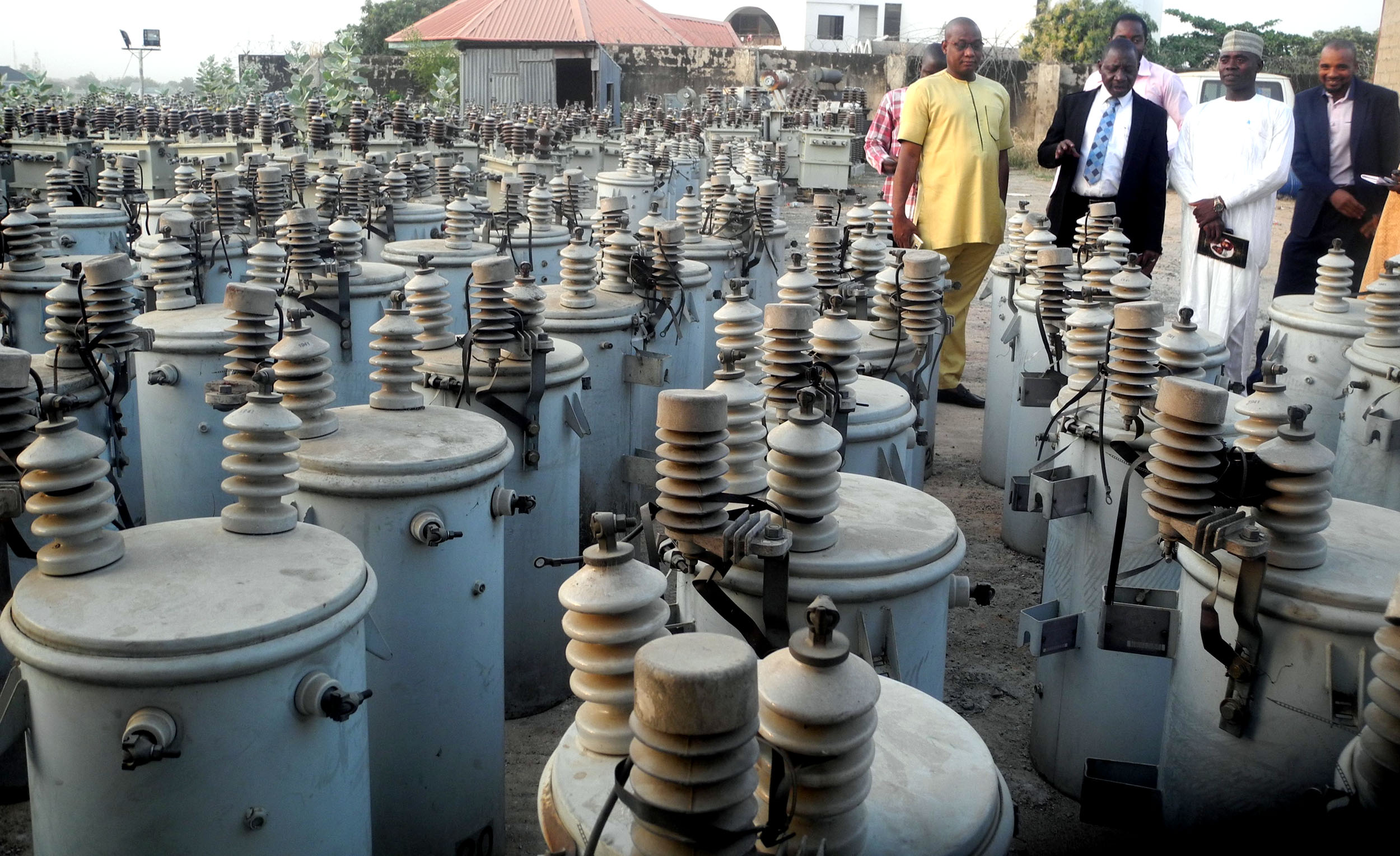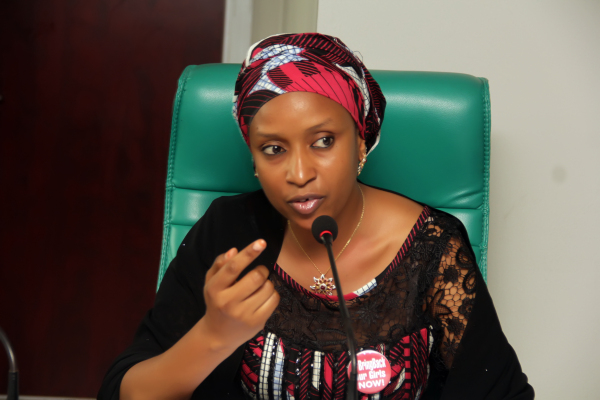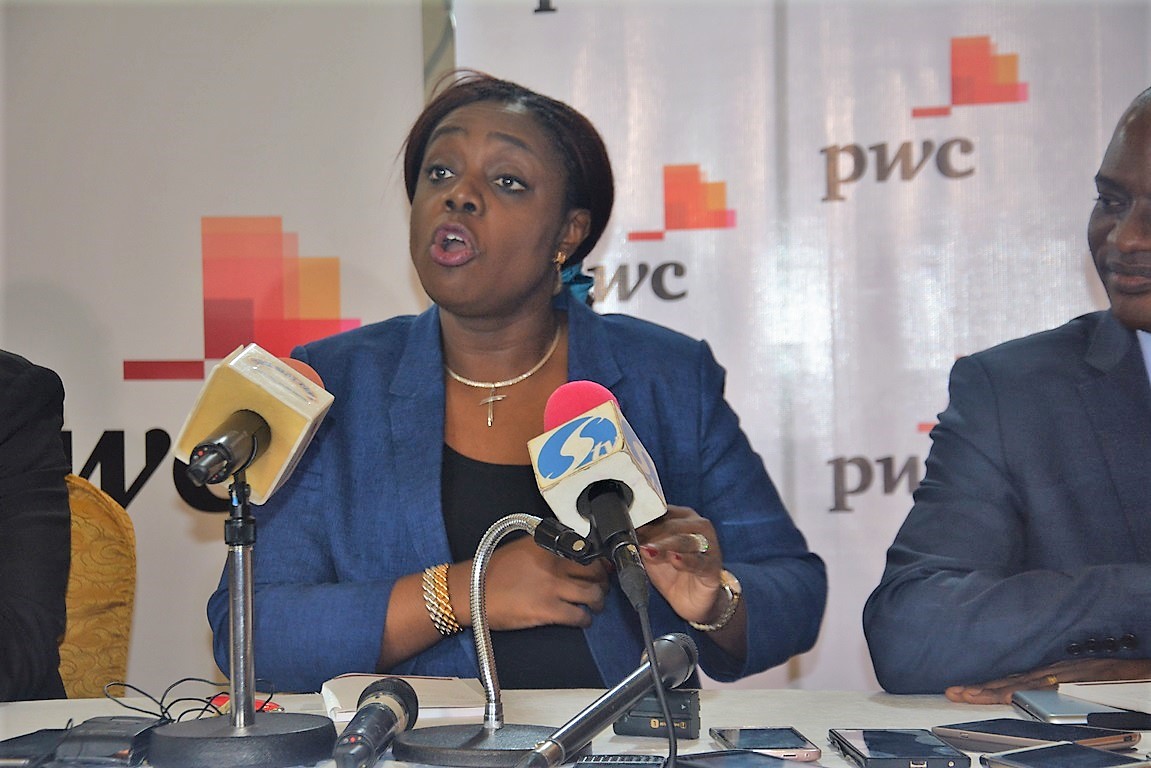The Association of Power Generation Companies (APGC) says load rejection by DisCos threatens the survival of power sector.
The association said this in a statement by Joy Ogaji, its executive secretary.
It described the declaration of eligible customers by Babatunde Fashola, minister of power, works and housing, as a timely intervention.
APGC said contrary to insinuations that “declaration was ill-fated for the market and that it will lead to its eventual collapse,” the declaration creates a more efficient electricity market.
Advertisement
The statement also explained the concept of eligible customers and its advantages.
Read the full statement below:
The declaration of the eligible customers pursuant to section 27 of the Electricity Power Sector Reform Act 2005 on the 19th May, 2017, as well as the recently issued regulation by Nigerian Electricity Regulatory Commission NERC to guide its implementation has been a trending news for the right and wrong reasons. This calls for clarity and further elucidation of the discourse.
Advertisement
The need for clarity was necessitated by the fact that the media is been awash by several publications justifying why the declaration was ill-fated for the market and that it will lead to its eventual collapse. This has also led to declaration of force majeure by the Discos. The Generation Companies whose product it is that is been jeopardized can no longer keep quiet while its hair is been shaved, hence this response.For better clarity, I will look at the following sub-items to enable Nigerians follow the discussion properly.
Eligible customer, is it a new discourse? Does the act provide for it? What is force majeure? Is the timing right? Is eligible customer discourse a curse or a blessing to the NESI? Eligible customer, is it a new discourse?
The Electric Power Sector Reform (EPSR) Act of 2005 defines ‘eligible customer’ as ‘a customer that is eligible, pursuant to a directive or directives issued by the Minister under Section 27, to purchase power from a licensee other than a distribution licensee.’
It is imperative to mention here that the declaration of Eligible Customer by the Minister of Power, Works and Housing on the 19th of May is in line with the provisions of an Act of Parliament, the Electric Power Sector Reform Act 2005 (EPSR) the Grundnorm of the Power Sector. The declaration of eligible customers is the first among many steps that need to be taken if the nascent privatization in the power sector will succeed. The load rejection phenomenon by the DisCos has remained a major bottleneck in the operations of the GenCos and seriously threatens the survival of the Nigerian power sector.
Advertisement
The Act in PART II, Section 25 states as follows: Immediately following the issuance of interim licences to the successor companies in accordance with section 23, and prior to the declaration by the Minister, under section 24 (3) C, that a more competitive market is to be initiated‐
(c)Successor generation companies shall, in accordance with their licences, sell electrical power to the trading licensee described in subsection (a), distribution companies and eligible customers, pursuant to the terms of any contracts formed with such distribution companies and eligible customers; Note that from ab initio, eligible customers were recognised as part of the market to be declared before privatisation. The fact that the government delayed its declaration does not and should not illegalise it I will argue.It has been argued severally that the declaration is pre-mature and that the market is not matured enough for this.
Pursuant to Section 24 Subsection 2 and 3 of the Act, the Act does not portend that the market should first be competitive but rather the declaration is intended to initiate or commence a competitive market as captured by Section 24 Subsection 3 of the Act).This policy directive heralds the initiation of a competitive market as captured by Part II of the Act with a title “Development of a Competitive Electricity Market”.Subsection 3) states: “The Minister shall present to the President and the National Council on Privatisation and National Assembly, each report submitted by the Commission under subsection (2) of this section and when the Minister, in consultation with the President and the National Council on Privatisation is satisfied that the electricity market in Nigeria has developed to the point where a more competitive market ought to be established pursuant to section 26 of this Act, having regard to the criteria described in subsections (a), (b), and (c) of subsection (2) of this section, and the Minister shall issue a declaration that a more competitive electricity market is to be initiated”.Section 24, Sub-section 2 of the ESPRA made provision for the pre-requisites for the readiness of the Nigeria Electricity Supply Industry for a more competitive market. These pre-conditions for the initiation of a competitive market are:-
• The degree of privatisation that has occurred (Unbundling of PHCN, licensing of successor Gencos and Discos• The existence of sufficiently large number of potential competitive entities, (the above entities all duly licensed and operationalised)
Advertisement
• The existence of other pre-conditions, including necessary metering and information technology infrastructure, required for the operation of a more competitive electricity market.( this event as admitted by the Discos cannot be overnight but progressive hence the state it is.) Section 26 (1) states thus: Immediately following the declaration by the Minister, under section 24 (3) that more competitive market is to be initiated. It is imperative to state that the Act has not stated that competition should be fully in place before the declaration. Instead it states that the declaration initiates, commences, heralds, starts, begins, originates, inaugurates, and launches the process.The National Electricity Power Policy 2001(NEPP) and the Electric Power Sector Reform Act 2005 (EPSR) provides for the development of Nigeria electricity market. Wholesale competition was recommended for Nigeria to assist in monopoly control and cost insensitivity. Thus, the reforms broke NEPA’s monopoly and paved the way for the entry of independent power producers (IPPs).
In Nigeria, today, these companies are privately owned, and the transmission company is now under the management of the private sector.
The reform entailed NEPA being unbundled into seven generation companies (GenCos), one transmission company (TransysCo) and eleven distribution companies (DisCos), an arrangement expected to encourage private sector investment particularly in generation and distribution. The Act facilitated the end of the monopoly of NEPA (Nigeria Electricity Power Authority) and laid out the framework and guidelines for NEPA’s privatization through the eventual formation of companies to take over the functions, assets, liabilities and staff in a bid to make the electricity market more competitive.With stranded generation capacity in the electricity market and poor market liquidity, declaration of eligible customer is the brilliant way to liberate the electricity sector from current monopoly. From the foregoing, it is clear that the drafters of the Act intended it to be declared before Privatisation.
Advertisement
Also subsection C above shows that the interim trader (NBET), Discos and Eligible customers are the three categories mentioned to buy power from a generating company.What is force majeure? The online dictionary defines it as an unforeseeable circumstance that prevent someone from fulfilling a contract. This means that for an event to qualify as unforceable, it was not existing or contemplated to happen. If this is the true definition of force majeure, the question then is, is Eligible customers as provided for in the ACT elaborately, qualify as a force majeure? Nigerians should think. I believe if there should be any force majeure, the generation companies should declare force majeure for a failure by the market in breaching the contract it had with them, taking power and not paying for it after selling all of it, right? After all it was not foreseen that NBET cannot pay for 100% of its power as promised and contracted for and for TCN not able to wheel all the power Generating Companies can generate?
If there is any one sitting on a force majeure event, it is the legacy generating companies who are suffering from the lacklustre performance of relevant agencies with accumulating debt and an unrecognised deemed capacity.Is Eligible Customer discourse a curse or a blessing to the NESI?From the forgoing argument, I am persuaded to believe if the relevant agencies such as TCN, NERC and the policy makers provide the enabling environment that this policy directive will lead to increased generation capacity, as GenCos would potentially ramp up their generation capacities to provide supply to eligible customers, addressing issues bothering on financial viability of the electricity supply value chain which is the main and immediate issue confronting Nigerians from enjoying the benefits of the Power Sector Reforms.
Advertisement
• Confer on consumers’ power to choose energy supplier and creates a more efficient electricity market• Stimulate investment in the electricity sector since generators can sign long term contracts.
• Deliver lower prices, enhanced service performance, and new service offerings for small consumers through competition.
Advertisement
• Send a powerful signal that the electricity sector is evolving towards full retail competition.
•Allow a greater variety of suppliers to find innovative ways of discovering and providing what different groups of customers want in economical ways
• Promote national economic development through:1. Supplying electricity to the productive sector of the economy.2. Supporting economies of scale through bulk purchase of electricity.3. Reducing technical and non-technical losses for bulk High Voltage supply.4. Reduced financial risk by supplying credit worthy eligible consumers
• Eligibility would introduce competition on the demand side and complete the liberalization of electric systems.
• Put greater pressure for efficiency on the suppliers
• More Attention to customers – Utilities holding a monopoly in the sector have traditionally paid little attention to customer service.
• The presence of retailers, or the mere possibility of future competition will force existing distributors to establish appropriate customer services and commercial divisions.
Add a comment







